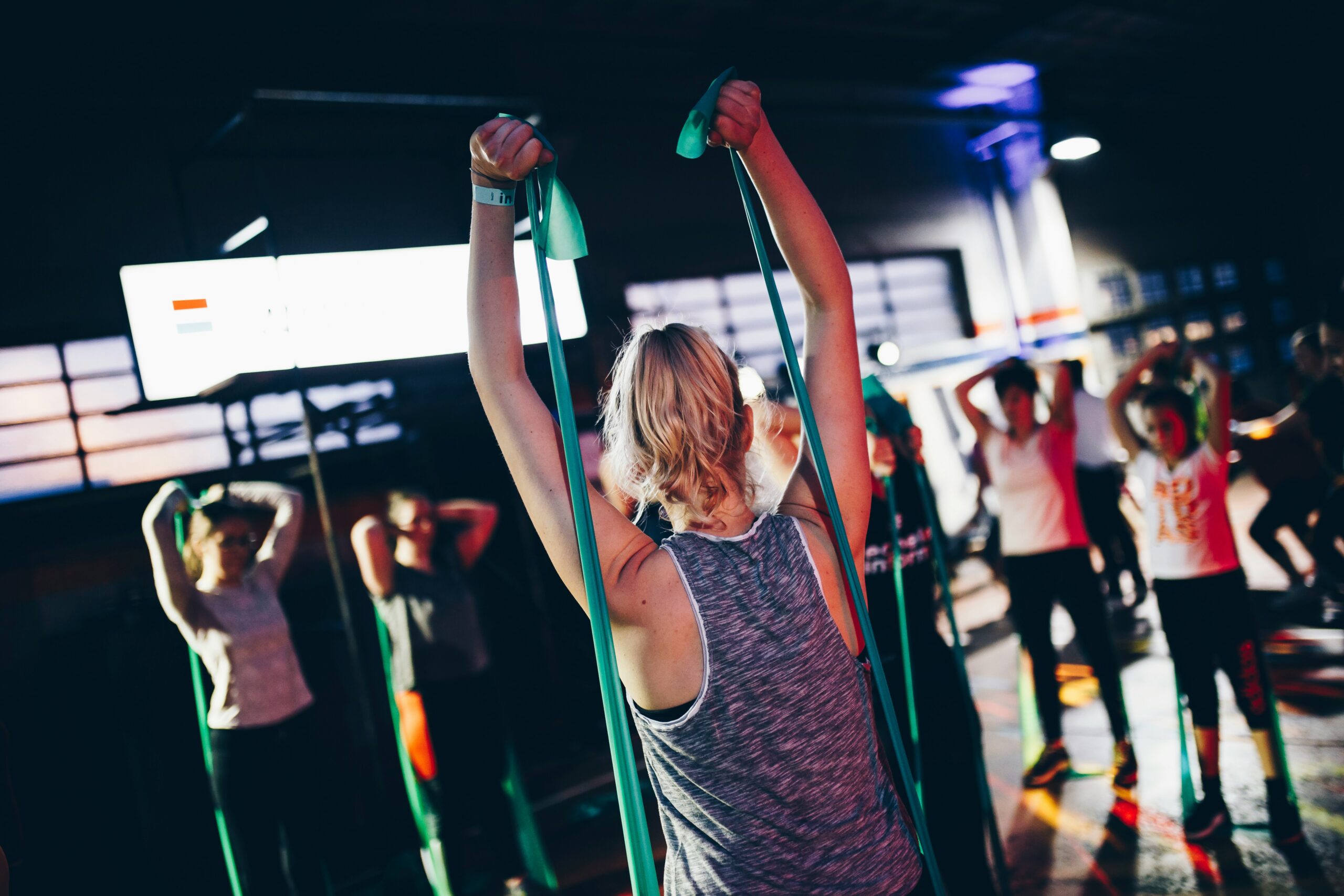Diet Culture Dropout Podcast: Fitness Pro’s and Disordered Eating with Kira Onesko Jones
Catch the full episode here
In the world of fitness and well-being, the dialogue is often overshadowed by the pervasive influence of diet culture, promoting ideals that can lead to disordered relationships with both food and exercise. However, there’s a growing movement advocating for a healthier, more inclusive approach to fitness—one that celebrates diverse body types and emphasizes enjoyment and wellness over strict dieting and body transformation goals. In a profound discussion with Kira Onesko, a certified personal trainer committed to the non-diet approach, we delve deep into the intricacies of fitness pros, disordered eating, and the journey towards a more inclusive fitness culture.
Fitness Culture and Disordered Eating: A Troubling Nexus
The fitness industry is not without its dark facets, with a significant number of professionals grappling with disordered eating behaviors. Astonishingly, statistics highlighted by Kira unveil that 60 percent of fitness professionals struggle with disordered eating, and 40 percent meet the criteria for an eating disorder diagnosis. These figures underscore the widespread issue of disorded eating within the fitness industry, suggesting a deeply ingrained problem tied to the very fabric of fitness culture. The pressures and expectations to conform to a certain body image within the industry not only affect the professionals but also permeate the perceptions and behaviors of individuals seeking guidance and support in their fitness journeys.
A Non-Diet Approach: Paving the Way for Inclusivity
Kira Onesko embodies the rebellion against the status quo, adopting a non-diet approach to personal training. She emphasizes fitness and movement that transcends the conventional objectives of weight loss or body transformation, advocating for an inclusive fitness culture that welcomes all body types. Her perspective is refreshingly rebellious in a domain often dominated by narrow definitions of health and fitness. By promoting a variety of exercises that individuals actually enjoy, regardless of their impact on body shape or size, Kira is contributing to a more accepting and supportive fitness environment.
The Problem with “Transformation Challenges”
A concerning trend in the fitness industry is the prevalence of “transformation challenges,” which often prioritize weight loss and body measurements as indicators of success. This practice not only perpetuates a toxic fitness culture but also risks undermining the progress individuals make toward developing a healthier relationship with their bodies and exercise. Kira and other advocates for a size-inclusive, non-diet approach caution against participation in such challenges, emphasizing the importance of focusing on the joy and wellbeing derived from exercise, rather than its impact on body composition.
Embracing Diversity in Fitness
The conversation with Kira Onesko sheds light on the urgent need for a paradigm shift in the fitness industry—one that celebrates diversity, champions inclusivity, and redefines the narrative around health and fitness. It’s a call to action for fitness professionals and enthusiasts alike to critically examine the embedded norms within the industry and to actively foster an environment where fitness is accessible and empowering for everyone.
In conclusion, moving beyond the confines of fitness Culture and disordered eating diet requires a collective effort to embrace diverse body types, prioritize mental and physical well-being, and cultivate a culture that values individuality over conformity. By listening to voices like Kira’s and supporting initiatives that push for inclusivity and respect for all bodies, we can transform the landscape of fitness into a more welcoming and nurturing space for everyone, regardless of their fitness journey.
Connect with Kira
You may connect with her on Instagram or check out her link tree to access all her offerings.


leave a comment
share
share
share
share
share